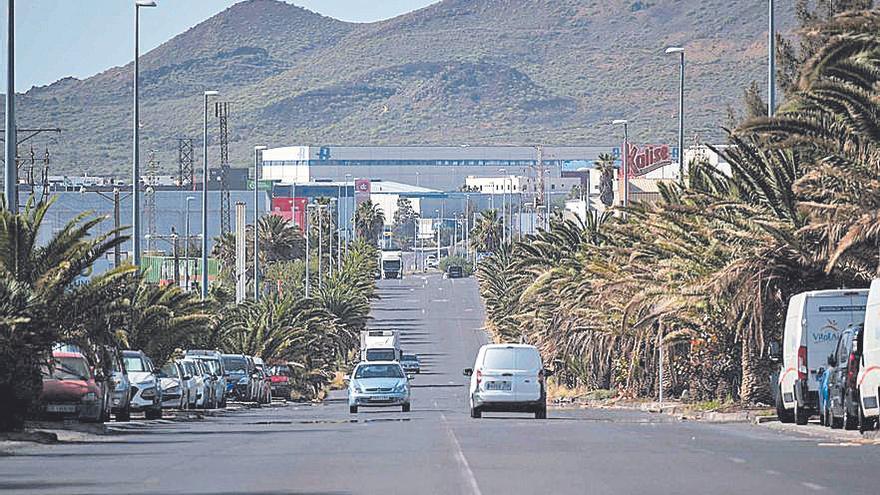
Establishing a body, regardless of its name, to manage the Güímar Industrial Estate. This idea is agreed upon by the insular councilor, Manuel Fernández, the manager of the Entrepreneurs Association, Alicia Trujillo, and the representatives of all the companies visited this week by the council’s embassy. It does not necessarily have to have the status of a Consortium and would be more similar to the administrative legal regime of a Conservation Entity, as proposed by Escolástico Gil, the mayor of El Rosario, for La Campana or as it exists in Melenara, in Telde (Gran Canaria).
In the specific case of the Güímar Valley, one of the main differences is that it is located in the territories of three municipalities: Arafo, Güímar, and Candelaria. Except for the latter, which corresponds to the smallest part, the administrative structures of the local entities, territories with a relatively small population, complicate the process. Manuel Fernández clarifies that “the idea is not to gain strength but it’s what would be appropriate, but we will analyze the pros and cons of each body and decide the best one.”
The Industry department of the Tenerife Island Council has sent a communication to the three town councils to draw up an agreement to address an action plan and seek a solution to one of the main problems of the Industrial Estate: the improvement of common areas including the 300 square meters of gardens, with many palm groves that are in an obvious state of disrepair and give a poor image to the companies, as complained by their representatives to the insular councilor.
Fernández explains that “afterwards, maintenance must be established, it is not enough to improve if then what is fixed is neglected”. Hence the need for the inter-administrative agreement. The councilor reminds that “in the budget of the Island Council for 2024 there is a budget of two million Euros for that cleanup and revamp action plan at the Güímar Industrial Estate.”
Among the planned actions are building a parking area to solve parking problems, addressing the rehabilitation of the gardens, providing the premises with photovoltaic panels, or designing new lighting with the replacement of the entire lighting system to reduce energy consumption.
The PP politician emphasizes that “these two million Euros may or may not be executed. It might be less, and if it amounts to more, multi-year allocations can be planned for future exercises.” Once the essential and urgent refurbishment of the Estate is completed, Fernandez underlines, “we work to ensure that maintenance is guaranteed the following day. We will not wait 20 years for what we do to deteriorate and spend.” That’s why, he adds, “the need to establish that Conservation Entity that includes municipalities with a medium and long-term perspective. The idea is to implement the action plan this year and at most the next.”
[–>
A future maintenance that, he points out, “has to be daily. Today a lamppost breaks and it is replaced or whatever is fused is restored. And in the gardens, treating pests or taking care of plant species. Just like in our homes.” For now, the process is already underway to define the legal figure that must define the insular and local competences in the management.
















